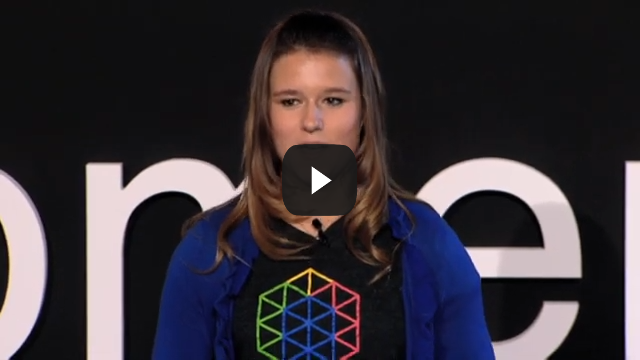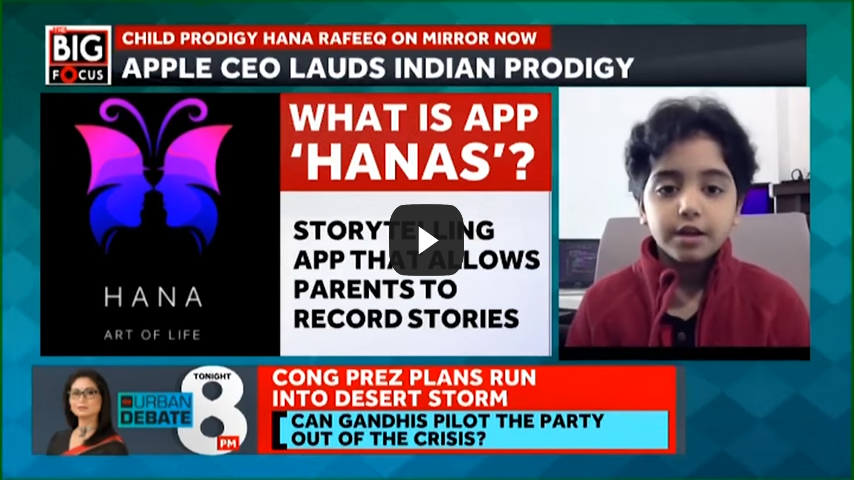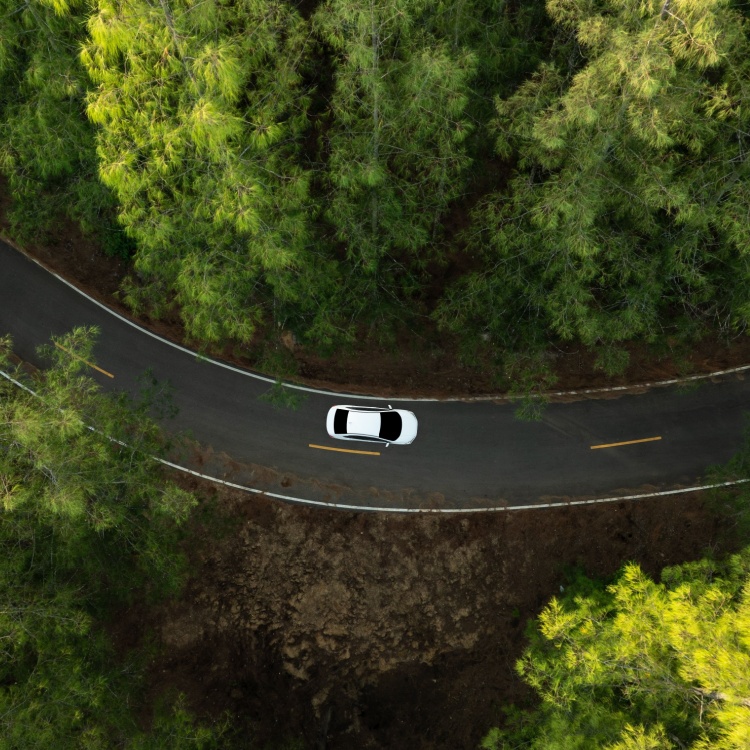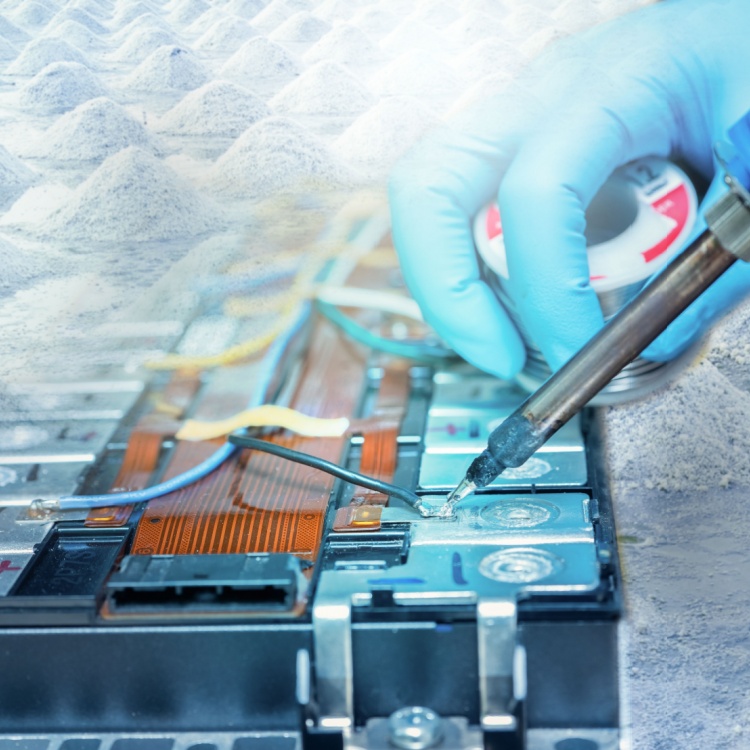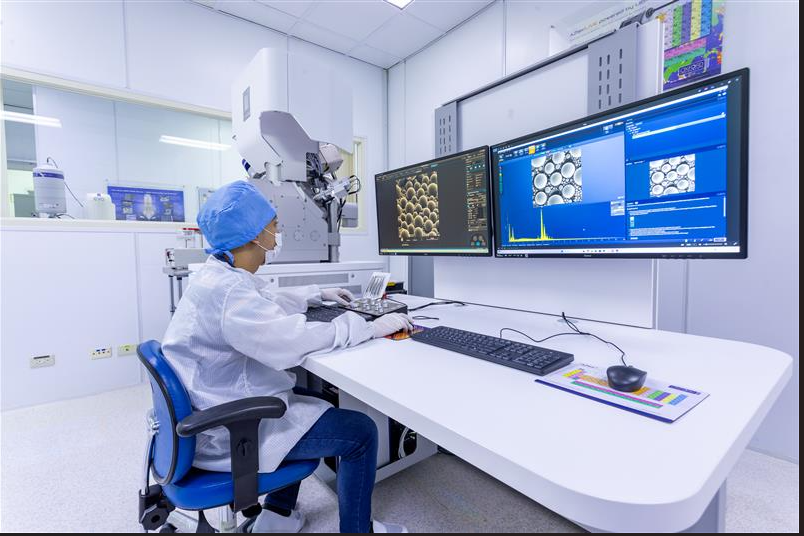Kids and Coding: Skills for Industry 4.0
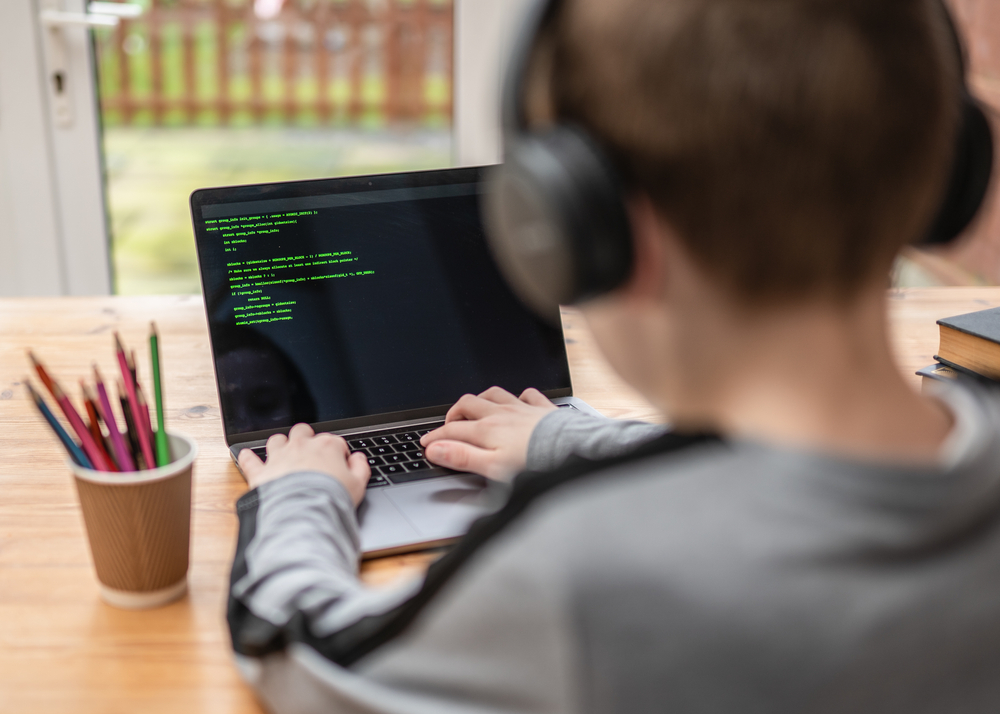
Kids who code are changing the world. Check out these young and savvy app developers and learn the benefits of coding for a child’s development.
Those born between 1996 and 2015 have never known a world without the Internet. Dubbed Gen Z, this first generation of digital natives spends their days in a state of hyperconnectivity. They are immersed in social media and online content and tethered to their smartphones and laptops.
But they’re not just using these websites, games, and apps–they’re building new digital spaces for a better world. In this article, learn how these young, savvy digital natives create innovative tech solutions using the language of our future: coding.
Coding: the language of the future
In a world increasingly run by computers, knowing how to communicate with them is key. Coding is writing a set of instructions that tells a machine what actions to take to complete tasks.
Coding is a language, and like any language, mastering it becomes easier when you learn it at a young age. Kids who learn to code will not only acquire the skills and strengths required by Industry 4.0’s workplace–they’ll gain valuable transferable skills that will help them excel in any industry.
When kids learn to code, they have to break down a complex problem into several steps or actions. Computational thinking is useful not only in coding but also in any complicated problem or situation in life. Coding requires more hands-on learning than theoretical discussions. Code is built through trial and error, and this takes persistence and resilience–both highly-prized skills in any field.
Coding requires creativity, logic, communication, and a can-do attitude. Coding is also a skill that will be needed for the jobs of tomorrow. By 2025, 97 million new roles may emerge that are “more adapted to the new division of labor between humans, machines, and algorithms.” There will be a growing job demand for robotics engineers, data analysts and scientists, software and app developers, and specialists in AI and machine learning and digital transformation.
(Also read: Industry 4.0: Skills for the Future of Work)
Kids who code to change the world
Digital technologies are integral to the different aspects of human life–from health and safety to dining and banking. Driven to find better solutions to some of society’s problems, these kids who code are changing the world.
Tech to keep schoolkids and women safe
“Once, due to heavy rain, I was very late to reach home from school, and I found my parents worried,” Arjun Kumar shared with TechRepublic. When he was a seventh grader in Chennai, India, Arjun used technology to come up with a solution: He designed an app, the EZ School Bus Locator.
The app helps parents view the location of their child’s school bus in real time, receive SMS alerts when their child gets on and off the school bus, and know when the school bus will reach home. When Arjun entered his app in the 2012 Massachusetts Institute of Technology App Inventor contest, he won first place in the K-8 division.
As early as two years old, Arjun was already interested in computers. “We had to put pillows on the chair to help him reach the keyboard,” Santhosh Kumar shared with The Times of India.
A self-taught coder, Arjun did not rest on his laurels. He founded his tech startup, LateraLogics, when he was thirteen years old. He also created iSafeguard, a community-based safety app for women and young girls. The app lets users send an SOS message with location details to preset phone numbers.
His advice for youngsters also interested in making apps: “Look for problems around you, and get inspired from them,” Arjun shared in a 2013 interview. “You’ll see a lot of opportunities to use your (own) skills to make this world a better place to live!”
An artificial brain to detect breast cancer
As a seventh grader, Brittany Wenger began studying neural networks. By the time she was a high school senior, she had designed one that would make detecting breast cancer more accurate and less painful. She entered her project, “Global Neural Network Cloud Service for Breast Cancer,” at the 2012 Google Science Fair and won the grand prize. Collecting data from biopsies done with fine-needle aspiration instead of the more invasive surgical option, Cloud4Cancer can detect breast cancer cells with 99% accuracy.
Brittany had personal reasons for focusing on breast cancer detection. "When I was 15, my cousin was diagnosed with breast cancer. I have a very close-knit family, so seeing the impact that the disease can have on a woman and her family, firsthand, was so real to me. When I learned that one in eight women will be diagnosed with breast cancer in their lifetime, I knew that I wanted to get involved in making the process better for patients,” Brittany shared with Teen Vogue in 2014.
“Now, the coding that I first used to help detect breast cancer has been extended into diagnosing other types of cancers, including blood-based diseases like leukemia,” Brittany continued.
(Also read: Your Mobile Cares About Your Mental Health)
Storytime for the digital era
For many, a parent reading to them when they were children is a fond memory. Hana brought this wonderful tradition into the digital age with her first app, Hanas, which lets parents record stories in their own voices for their children.
Hana was only eight years old when she began developing the iOS app, writing more than 10,000 lines of code by hand.
The storytelling app was inspired by a documentary about the importance of parent-child relationships. “In case parents are busy with work, they can record stories so that children can listen to it before going to sleep,” Hana shared. “This will help build the bond between parents and their children.”
Now nine years old, Hana wrote to Apple CEO Tim Cook claiming to be the youngest iOS app developer. Cook responded to Hana with encouraging words. “Congratulations on all of your impressive achievements at such a young age,” Cook said via email. “Keep at it and you will do amazing things in the future.”
Coding is all in the family for Hana. Inspired by their parents, she and her older sister, Leena, are self-taught coders. They both have big goals for their digital careers: Hana wants to work for Apple, while Leena hopes to pursue future studies in the United States.
For both girls, coding is an altruistic endeavor. “We love coding because of the thrill it gives us to solve problems and seeing how our codes come to life,” Leena said. “But ultimately we want to contribute to our society and make people happy.”
As one of the Top 19 EMS companies in the world, IMI has over 40 years of experience in providing electronics manufacturing and technology solutions.
We are ready to support your business on a global scale.
Our proven technical expertise, worldwide reach, and vast experience in high-growth and emerging markets make us the ideal global manufacturing solutions partner.
Let's work together to build our future today.

